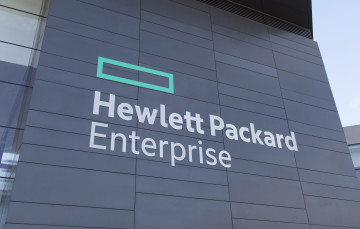 A while back HP promised that it would take the lead in 3D printing and it is starting to look like it is making good on that promise.
A while back HP promised that it would take the lead in 3D printing and it is starting to look like it is making good on that promise.
Vendor snuck into fifth place in industrial 3D printer market in Q2, four years after Meg Whitman declared that HP intended to lead the market. To be fair though HP has only had products in the 3D printer market for a year and to get to the top five from no-where is some feat.
With its Jet Fusion line up, HP sold $13.5 million of industrial 3D printer hardware in the second quarter of 2017.
According to beancounters at Context HP took a four percent share of the industrial segment of the market in Q2, behind names that will be less familiar to the channel, namely market leader Stratasys, EOS, GE Additive and 3D Systems.
HP began “pushing strongly” into the channel in the first half of the year, “setting itself up for further growth later this year and beyond”, Context said.
The industrial sub-segment Jet Fusion plays in has experienced mixed fortunes since then, with unit shipments declining in both 2015 and 2016.
Context predicts that the industrial sector will return to growth in 2017, partly thanks to the fresh blood that has entered the market.
Polymer machines continued to dominate the market in Q2, accounting for 90 per cent of the unit volume sales and 61 percent of the printer revenues, Context said.
While HP’s machines are initially focused on polymers, GE Additive – which is another new entrant to the top five – focuses on metal 3D printing.
Context vice president of global analysis Chris Connery said that there was a four per cent decline in the number of industrial/professional 3D printers shipped in the second quarter of this year compared to the earlier year, but the average selling price of these machines continued to climb.
“It now seems that both these trends will change in the second half of 2017. Average selling prices are set to drop with the shipment of new category of lower priced metal-printing machines helping to promote new growth.
“For polymer 3D printing, growth is expected from select technologies as this side of the market continues to penetrate into the manufacturing market and away from just prototyping.”
 Anglo-Irish distributor Commtech has confirmed that it has reached a definitive acquisition agreement to be bought by its rival Arrow.
Anglo-Irish distributor Commtech has confirmed that it has reached a definitive acquisition agreement to be bought by its rival Arrow.


















